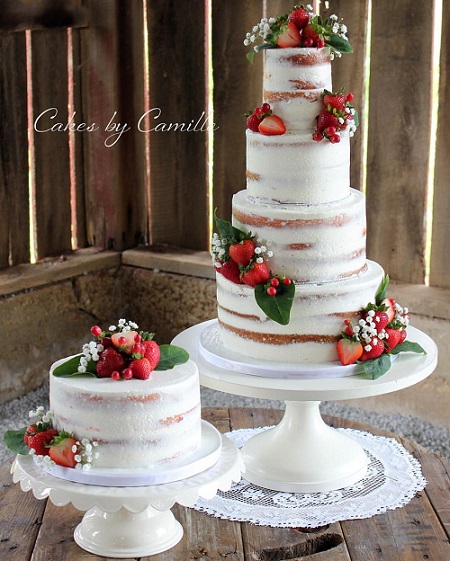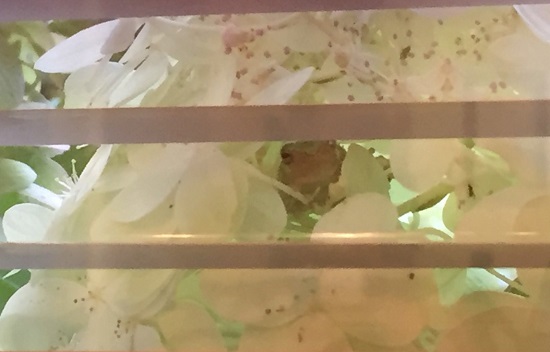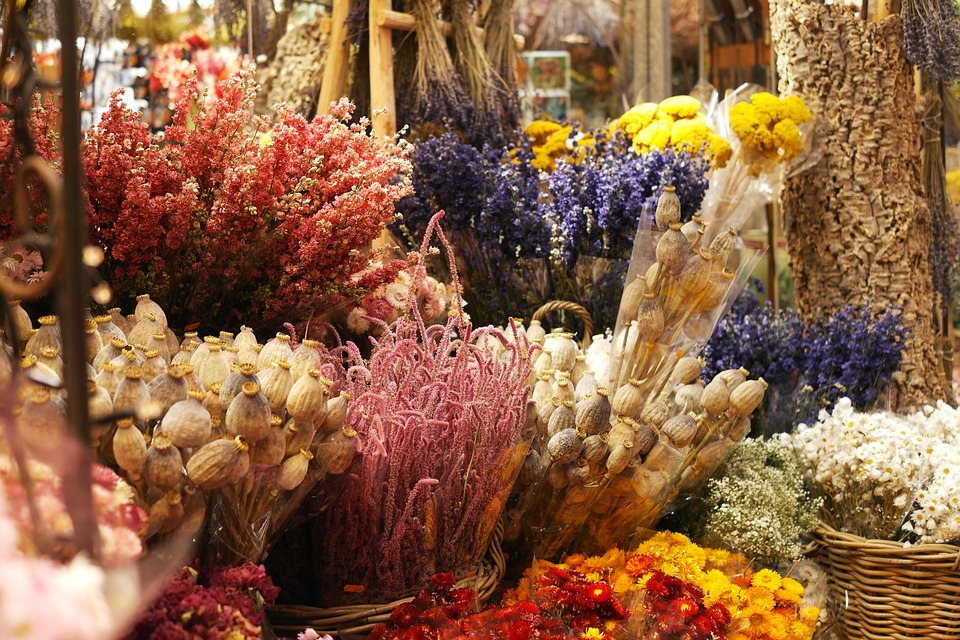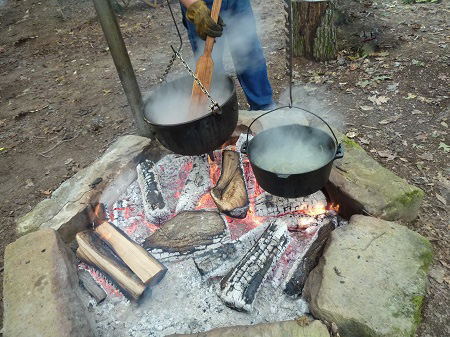There Now
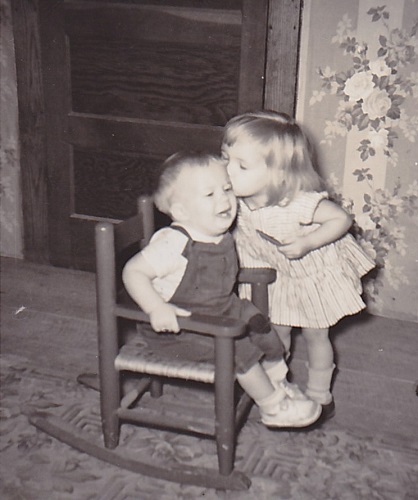 When I needed comfort as a child, I could go to several relatives. They often responded with, “There now. Don’t cry. Everything will be okay.” I felt better immediately. Everything usually was okay.
When I needed comfort as a child, I could go to several relatives. They often responded with, “There now. Don’t cry. Everything will be okay.” I felt better immediately. Everything usually was okay.
My troubles included such tragedies as:
- Bee stings
- Poison ivy
- Falls
- Childhood quarrels
For bigger problems, they doubled their comfort. “There, there now” gave an extra word for extra cheer.
A few problems lasted longer than usual. For those, they reminded me everything would come out in the wash.
I learned from their comfort how to comfort others.
There now soothes or reassures someone having a tough time.
It helps a hurting person:
- Calm down
- Cheer up
- Stop crying
- Relax
- Remember every cloud has a silver lining
The need for comfort does not stop as an adult.
Troubles may differ, but they remain as real.
- Health crises
- Relationship woes
- Financial stresses
- Work demands
Ways to cheer one another include:
- Prayers
- Notes
- Calls
- Visits
- Texts
- Hugs, if appropriate
Listening is more important than talking. Availability is more important than activity.
Shout for joy, you heavens; rejoice, you earth; burst into song, you mountains! For the Lord comforts his people and will have compassion on his afflicted ones (Isaiah 49:13 NIV).
Thanks to Rita Smalley for the suggestion.
Do you have an expression you want explained or a thought about this one? If so, please comment below.
Subscribe to receive my weekly posts by email and receive a free copy of “Words of Hope for Days that Hurt.”
If you enjoyed this post, please share it with your friends.

